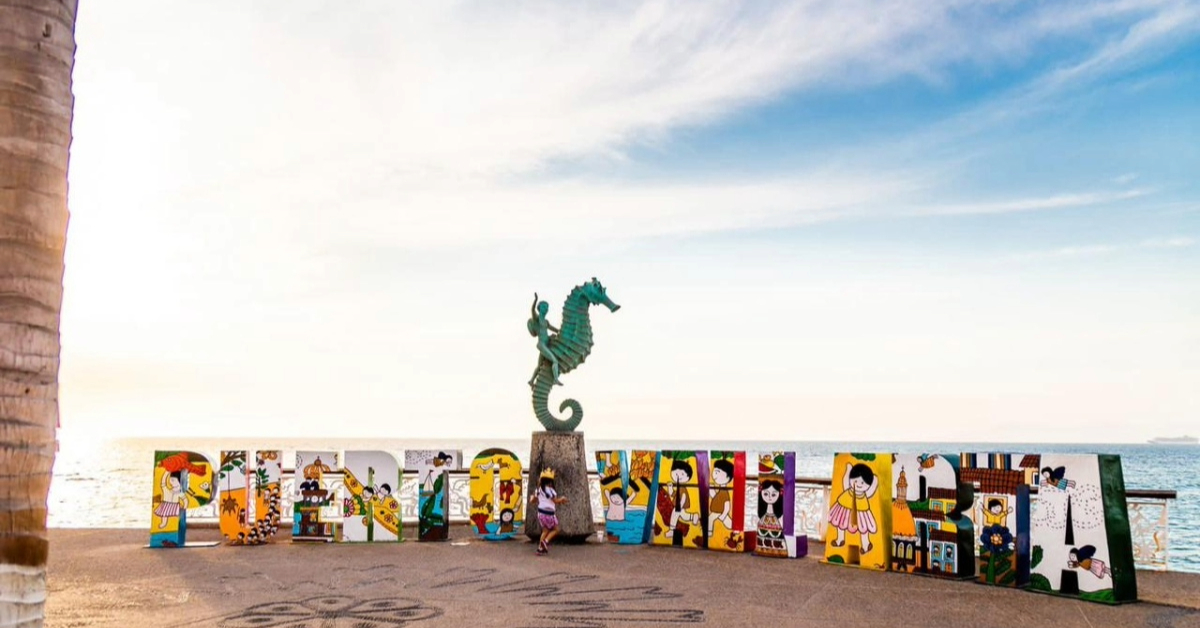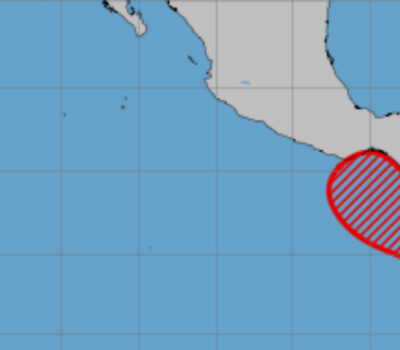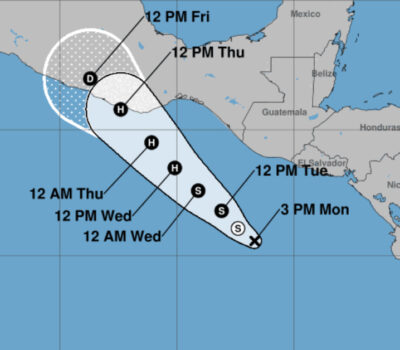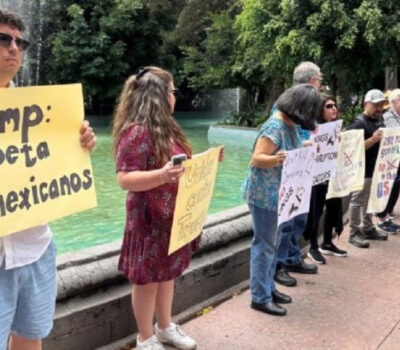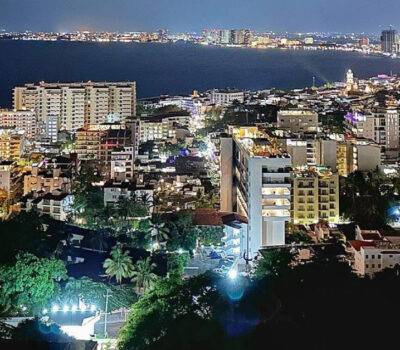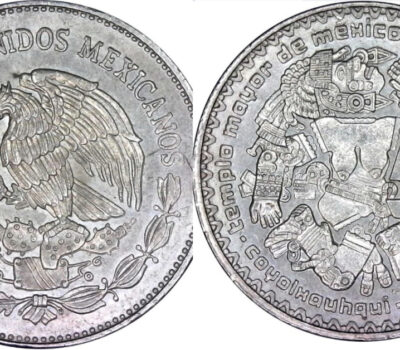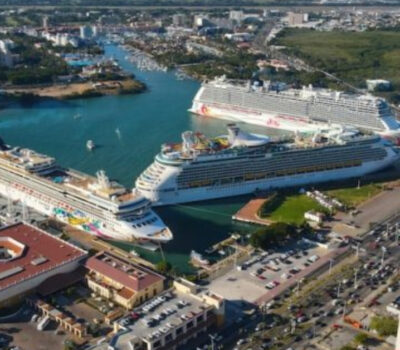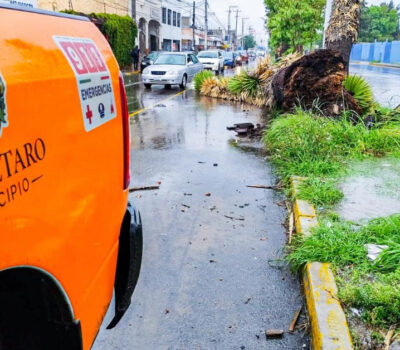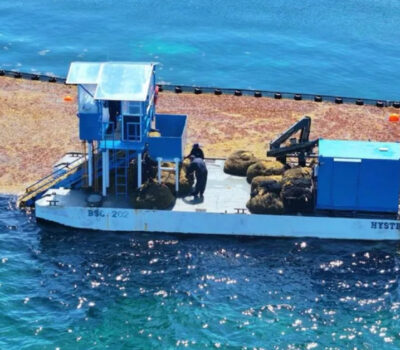Puerto Vallarta, Mexico – As Mexico continues to see an influx of expatriates from the United States, a growing number of Americans are moving south in search of new experiences, a more relaxed lifestyle, or, in some cases, to stretch their retirement savings.
Geary Bartmess, a retired lawyer who lived in Texas for 35 years, is among those who made the leap. In a recent interview with Business Insider, Bartmess shared his reflections on living in Puerto Vallarta, Mexico, highlighting both the surprises and benefits of life across the border.
Higher Fuel Prices, Lower Food Costs
One of the most unexpected aspects Bartmess encountered in Mexico was the cost of filling up his Jeep Wrangler. “It costs me about $60 to fill up my tank in Mexico,” Bartmess said, expressing surprise that fuel was more expensive than it had been back in Texas. For many expatriates, this may come as a shock, given that Mexico is a major oil-producing country, but regional factors and distribution costs can drive prices up.
Despite this, Bartmess found many other aspects of Mexican life to be significantly more affordable, particularly when it came to dining. “Street food in Mexico is plentiful, cheap, and usually good,” he said. He noted that it’s easy to find a good meal at a much lower cost than in Texas, making dining out more accessible for retirees on a budget. However, he was careful not to imply that the quality of food in Mexico necessarily surpassed that of Texas but did emphasize the affordability of local eateries and street food.
Pursuing a Calmer Lifestyle
While financial considerations often play a major role in retirees’ decisions to move abroad, for Bartmess, the main motivation was a desire for a calmer and more relaxed way of life. Having spent decades practicing law, Bartmess longed for a slower pace, something he found in Puerto Vallarta’s beachside town.
“Life in Texas was fast-paced, and there was always something to do or some deadline to meet. But here in Mexico, the culture feels more laid-back, and that’s exactly what I was looking for,” he told Business Insider. His comments reflect a sentiment shared by many American retirees who choose to relocate to Mexico not only for financial reasons but for the opportunity to experience a more tranquil existence.
Health and Quality of Life for Retirees in Mexico
One of the major concerns for retirees considering life abroad is access to healthcare, a critical issue for many older Americans. Bartmess acknowledged this, noting that any retiree considering the move to Mexico should evaluate their health before making such a decision.
“The biggest consideration for American retirees is whether they are healthy enough to maintain this lifestyle,” Bartmess remarked. He stressed that while Mexico offers good healthcare services, retirees need to understand that navigating a new healthcare system can be challenging if they are not prepared.
Bartmess noted that he was fortunate to be in good health and, as such, was able to enjoy life without the constant concern for medical care. He did, however, acknowledge that Mexico’s healthcare system is of high quality, adding that in his personal experience, the services he has received were comparable to those in the U.S. Many expats have echoed this sentiment, highlighting that private healthcare in Mexico is often more affordable, even for complex procedures, compared to the United States.
A Growing Trend of U.S. Retirees in Mexico
Bartmess’s experience is emblematic of a broader trend of U.S. retirees moving to Mexico, particularly to popular destinations like Puerto Vallarta, Lake Chapala, and San Miguel de Allende. According to reports, tens of thousands of Americans now call Mexico home, many of them retirees seeking to stretch their pensions and live more comfortably.
However, with this growing influx comes the challenge of maintaining local cultures and preventing gentrification. As more Americans settle in Mexico, housing prices and the cost of living in popular expat destinations have risen, which has sparked debates about the long-term sustainability of such trends for both local residents and foreign retirees.
In places like Puerto Vallarta, where the tourist industry thrives, many locals have expressed concerns about the rising cost of living, which they attribute, in part, to the influx of foreign residents with significantly higher purchasing power than the average Mexican. Critics argue that while the influx of foreign retirees brings economic benefits, it also contributes to gentrification, pricing locals out of certain neighborhoods and eroding the local culture.
For Geary Bartmess, the move from Texas to Puerto Vallarta has been largely positive. He has found the calmer lifestyle he sought and enjoys the lower cost of living in many areas, despite the higher fuel prices. His story reflects both the allure and complexities of life in Mexico for American retirees.
However, as more U.S. citizens consider retiring in Mexico, the impact on local communities, especially in popular expatriate hubs, will need to be carefully considered. Whether future retirees move for affordability, cultural enrichment, or a more laid-back way of life, they must also acknowledge the potential challenges and responsibilities that come with their relocation.
Bartmess’s reflections provide a window into the ongoing discussion about expatriate life in Mexico and serve as a reminder that while the move may come with many benefits, it is important to consider all aspects of life in a new country—from health and finances to local impacts—before making the jump.
Puerto Vallarta, Mexico - As Mexico continues to see an influx of expatriates from the United States, a growing number of Americans are moving south in search of new experiences, a more relaxed lifestyle, or, in some cases, to stretch their retirement savings.

